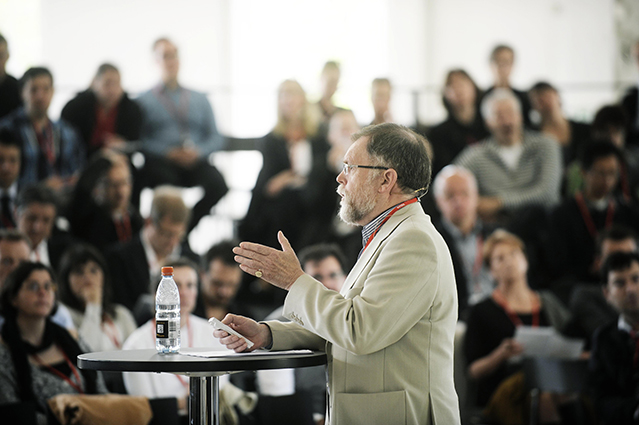
by David Strong
An increasing body of evidence confirms the importance of daylight on human health, wellbeing, happiness and productivity in the workplace. This paper presents the findings of a comprehensive worldwide review of the research evidence associated with the importance of the social and economic contributions of glazed areas to sustainability in the built environment.
Of particular importance are the findings from the healthcare and education sectors, together with emerging evidence regarding the importance of daylight in retail buildings and in providing a link to the natural world in homes. In healthcare, research findings demonstrate that access to daylight provides; a reduction in the average length of hospital stay, quicker post-operative recovery, reduced requirements for pain relief, quicker recovery from depressive illness and disinfectant qualities. In educational buildings access to daylight has been shown to result in a dramatic (and demonstrable) improvement in student academic achievement, behaviour, calmness and focus. In the workplace numerous studies have identified a preference to work near windows and under conditions which fully utilise natural rather than artificial light.
Given the importance of daylight, the paper presents a review of the legal and regulatory requirements associated with daylight. The origins and benefits of ‘Right to Light’ legislation are considered, together with a review of national and international standards, ordinances and regulations regarding the provision of daylight in buildings. The paper also presents recommendations regarding future international collaborative research and action to ensure that daylight access is safeguarded more effectively in future building design.
David Strong is an internationally recognised expert in sustainable building design and refurbishment. He has a wealth of knowledge associated with the low/zero carbon buildings and is a specialist in whole system thinking, building physics and integrative design. He currently chairs the Energy Efficiency Partnership for Homes and a Ministerial Advisory Group on the government’s Green Deal. He also chaired the Zero Carbon Hub’s Working Group on Carbon Compliance Tools and he sits on the UK PassivHaus Trust Advisory Board. David is Chairman of the EU Energy Performance of Buildings Directive Implementation Advisory Group (DIAG) and acts as a special advisor to the European Commission on energy demand issues.
More presentations from VELUX Daylight Symposium are available here.



